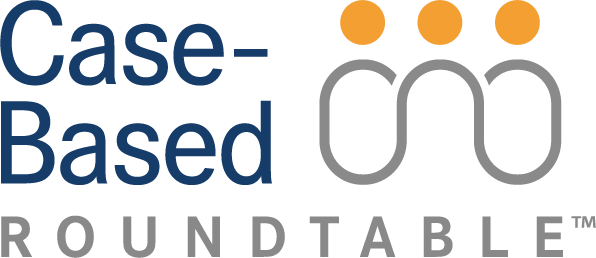
Repotrectinib Shows Frontline Responses in ROS1+ Advanced NSCLC

Patrick Forde, MBBCh, discusses the results of the TRIDENT-1 trial that led to the approval of repotrectinib for patients with metastatic ROS1 positive NSCLC.
Episodes in this series

Patrick Forde, MBBCh, codirector of the division of upper aerodigestive malignancies, director of the Thoracic Oncology Clinical Research Program,and associate professor of oncology at the Johns Hopkins Sidney Kimmel Comprehensive Cancer Center, discusses the results of the TRIDENT-1 study (NCT03093116) that led to the approval of repotrectinib (Augtyro) in patients with locally advanced or metastatic ROS1-positive non—small cell lung cancer (NSCLC).
The global, multicenter, single-arm, open-label, multicohort study compared 71 tyrosine kinase inhibitor (TKI)-naive patients with ROS1-positive NSCLC given at least 1 prior line of platinum-based chemotherapy and/or an immunotherapy against 56 patients given a ROS1 TKI and had no prior chemotherapy or immunotherapy. Both cohorts were given the recommended phase 2 dose of 160 mg of repotrectinib daily for 14 days then increased to twice daily at 160 mg.
After a median follow-up of 24.0 months (range, 14.2-66.6), the TKI-naïve cohort showed better survival results after treatment with repotrectinib, in comparison with those patients given a prior ROS1 TKI. A confirmed objective response rate of 79% (95% CI, 68%-88%) was seen in the TKI-naïve cohort vs 38% (95% CI, 25%-52%) who were given the prior ROS1 TKI. Further, median duration of response was 34.1 months (95% CI, 25.6–not evaluable [NE]) in the TKI-naïve cohort compared with 14.8 months (95% CI, 7.6–NE) in the cohort given a ROS1 TKI. While the median overall survival was not estimable at the time of the approval, the 12- and 18-month OS rates were 91% and 88% in the TKI-naïve cohort, respectively.
These results showed proof for the use of repotrectinib in the first-line setting for patients with ROS1-positive NSCLC after chemotherapy or immunotherapy, and it also shows a role for it in the second-line setting, according to Forde. Here, he explains how the response rate is still promising for those patients who develop TKI resistance and activity for patients with brain metastases.
TRANSCRIPTION:
0:08 | In the TKI-naïve cohort, there was a high...objective response rate of 79%, with a very durable duration of response of 34.1 months. Progression-free survival almost reached 3 years, and overall survival was not yet reached in the study. And so, in those patients who had been previously treated with the TKI, as you might expect, the response rate was somewhat lower.
0:37 | Interestingly, in patients who have the [most common] resistance mutations to older-generation TKIs, which is something called G2032R…develops, for example, in patients who receive crizotinib [Xalkori] as a first-line treatment. Their response rate to repotrectinib was still very high at 59%. So, I think repotrectinib has a role in the first-line setting based on TRIDENT-1, and for select patients in the second-line setting. It also has very high intracranial activity, with a response rate of 89%.










































